The MFi program offers a wide range of wireless as well as classic wired technologies that can be used in accessories for iPhone, iPad, iPod touch and Apple Watch. In the first case, it focuses mainly on AirPlay and MagSafe, in the second case, on the Lightning connector. And since Apple says there are more than 1,5 billion active Apple devices worldwide, it's a huge market.
It then has an abundance of accessories designed for Apple devices. The one that contains the MFi label simply means that the manufacturer has been certified by Apple to make such accessories. For the customer, this means they can be sure of exemplary support from Apple devices. But because the manufacturer has to pay for such Apple certification, such products are usually a little more expensive than those that do not contain a similar label.
This does not mean that those without the MFi label necessarily suffer from any incompatibility issues, or that they are necessarily bad accessories. On the other hand, in such a case, it is important to be careful about the manufacturer's brand. This is because it can usually be unreliable and made somewhere in China, in extreme situations your device can and damage in various ways. You can find a list of authorized manufacturers on the Apple Support page.
It could be interest you

For more than 15 years
The Made for iPod program was launched at the Macworld Expo as early as January 11, 2005, although some products released just before the announcement carried the "Ready for iPod" label. With this program, Apple also announced that it would take a 10% commission, which it described as a "tax," from every piece of accessory sold with the given label. With the arrival of the iPhone, the program itself expanded to include it, and later, of course, the iPad. The unification at MFi took place in 2010, although the term had been unofficially mentioned before.
Until the iPhone 5, the program focused mainly on the 30-pin dock connector, which was used not only by iPods, but also by the first iPhones and iPads, and the AirTunes system, which Apple later renamed AirPlay. But because Lightning introduced other protocols that could only be officially supported through the MFi program, Apple built a really huge network of accessories on it that it would never have been able to cover on its own. In addition to the technical requirements under the TUAW, Apple also took the opportunity to update the license agreement so that all third-party manufacturers in the program agree to Apple's Supplier Responsibility Code.

Since 2013, developers have been able to mark game controllers that are compatible with iOS devices with the MFi icon. Companies that then create HomeKit accessories must also be automatically enrolled in the MFi program, as do those that want access to Find or CarPlay.
It could be interest you
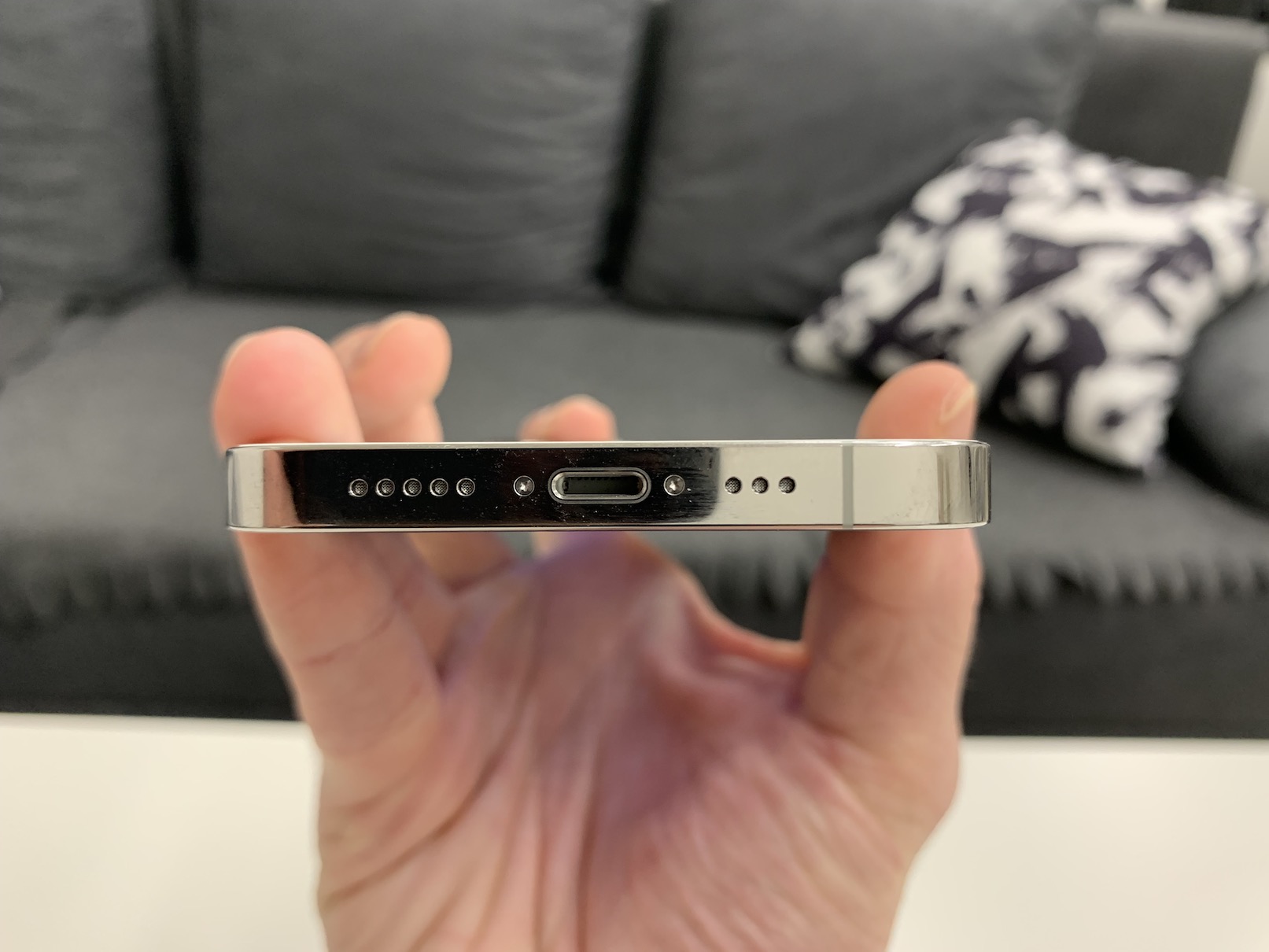
Technologies included in MFi:
- AirPlay audio
- C
- Network Find
- GymKit
- HomeKit
- iPod Accessory Protocol (iAP)
- MFi Game Controller
- MFi Hearing Aid
- Charging module for Apple Watch
- Audio accessory module
- Authentication coprocessors
- Headset remote control and microphone transmitter
- Lightning audio module 2
- Lightning analog headset module
- Lightning connector adapter module for headphones
- Lightning connectors and sockets
- MagSafe holster module
- MagSafe charging module
MFi certification procedure
There are several steps required to create an MFi accessory by a manufacturer, from concept to production, and it all starts with a product plan. This needs to be sent to Apple for approval. After that, of course, it is the development itself, in which the manufacturer designs, manufactures and tests its accessories. This is followed by certification through Apple's tools, but also by physically sending the product to the company for assessment. If it turns out positively, the manufacturer can start mass production. MFi developer site You can find here.
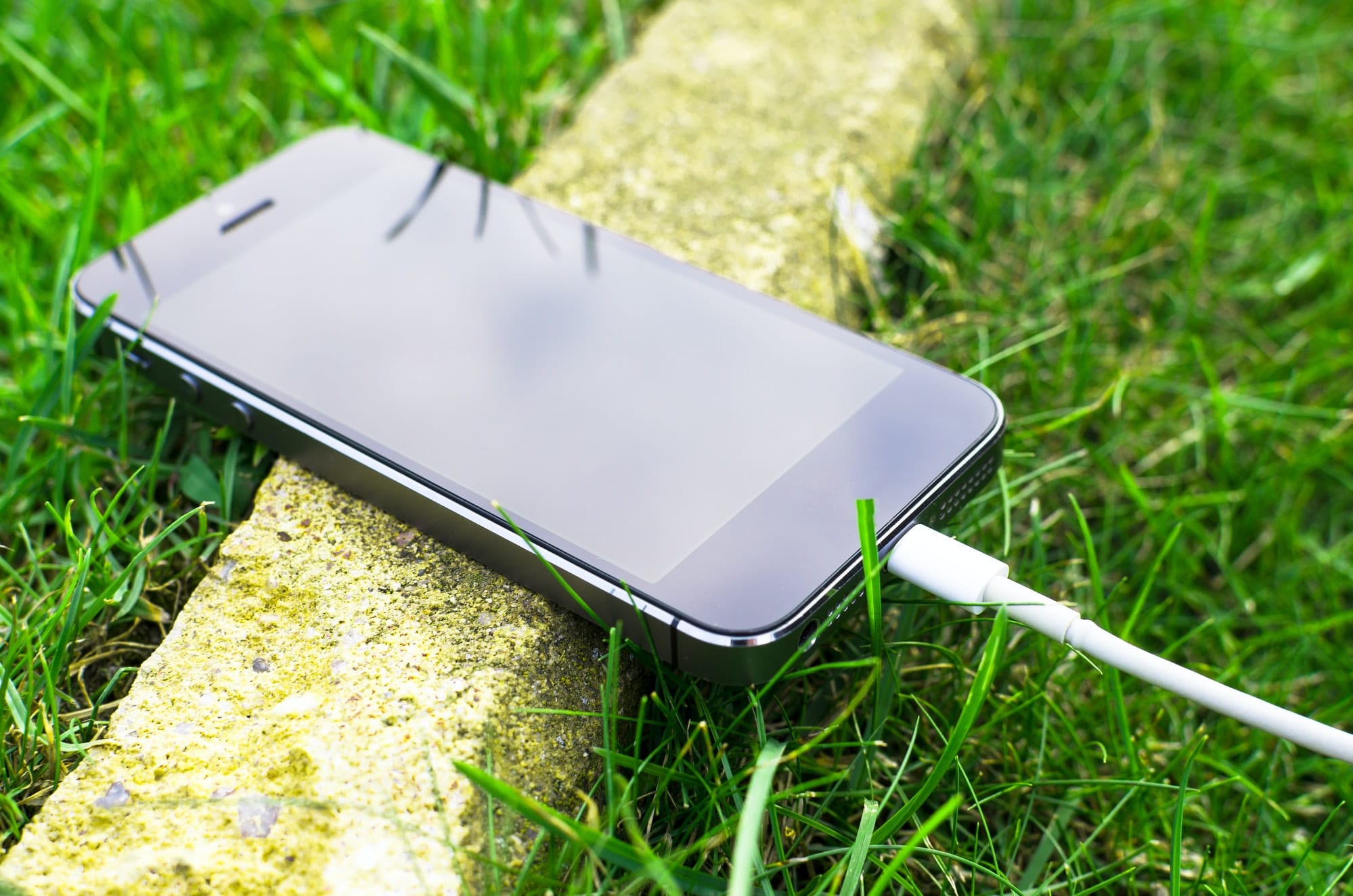
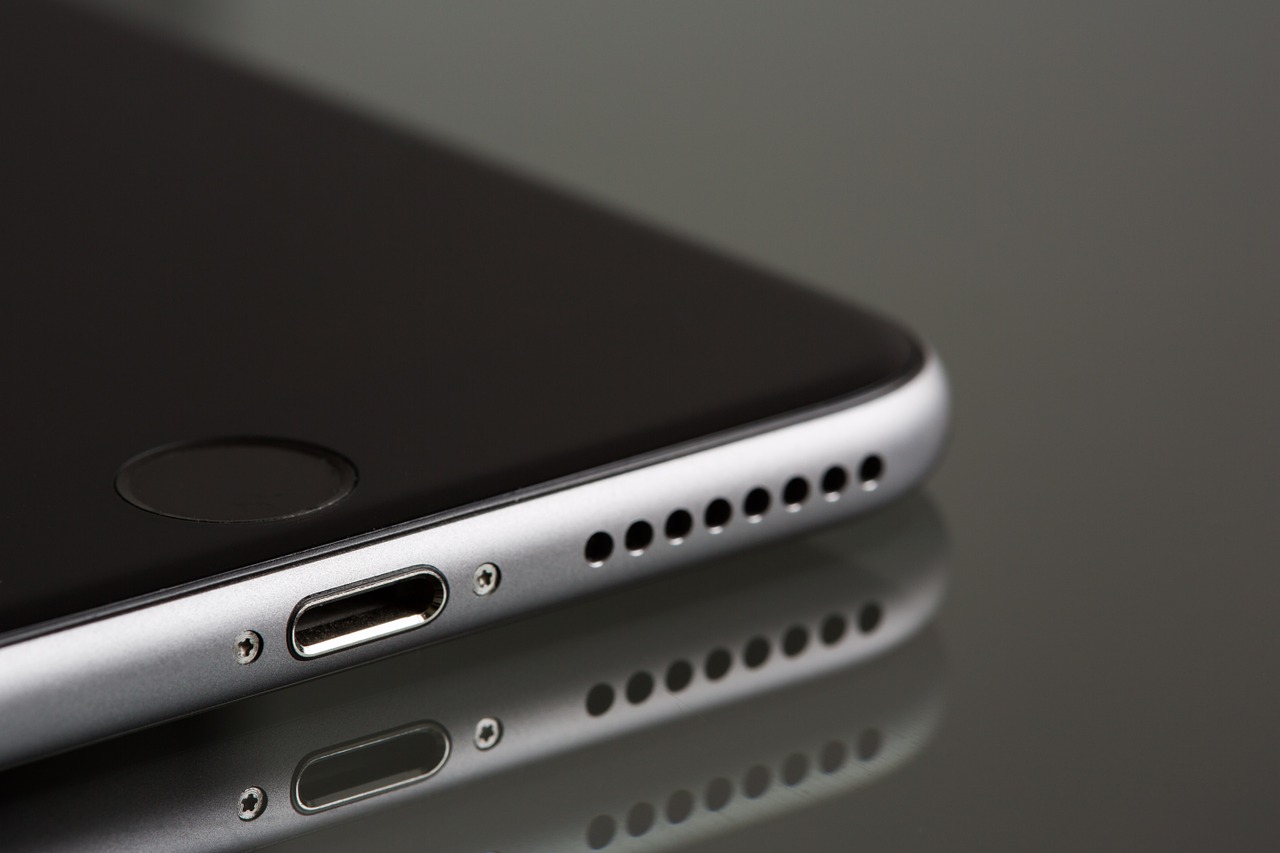
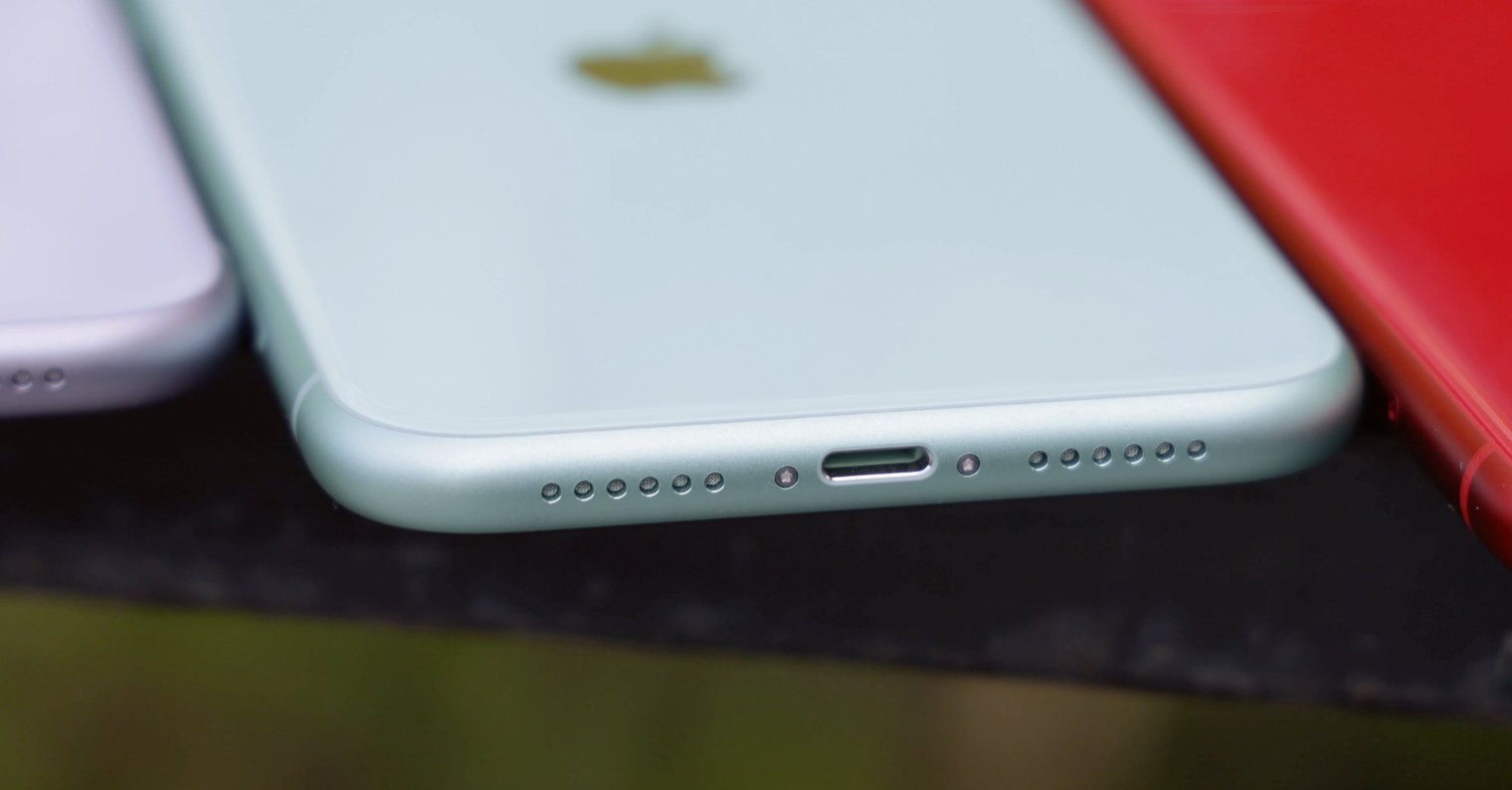

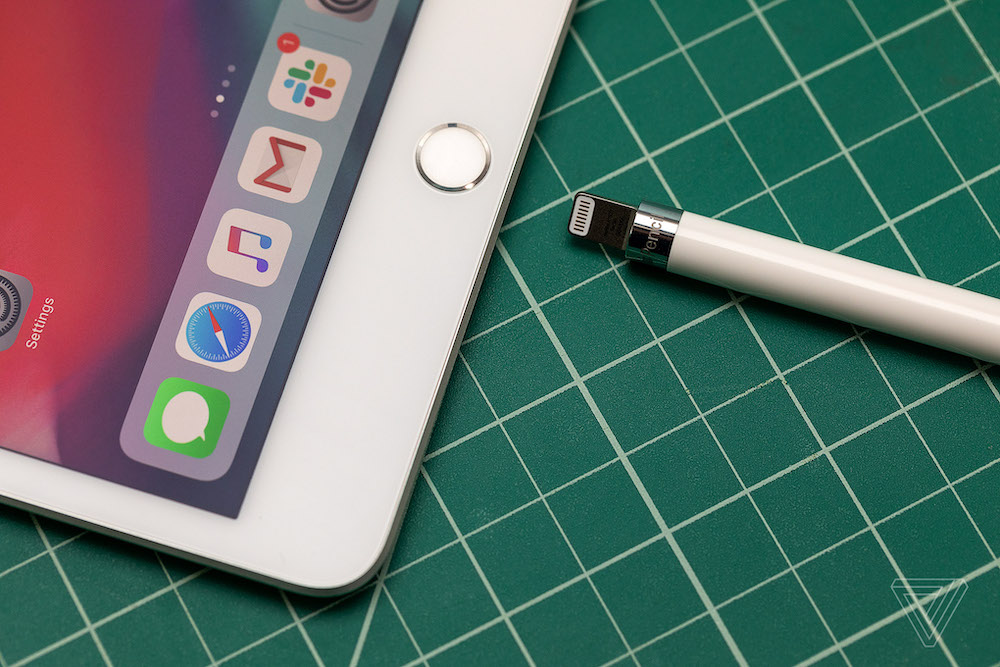

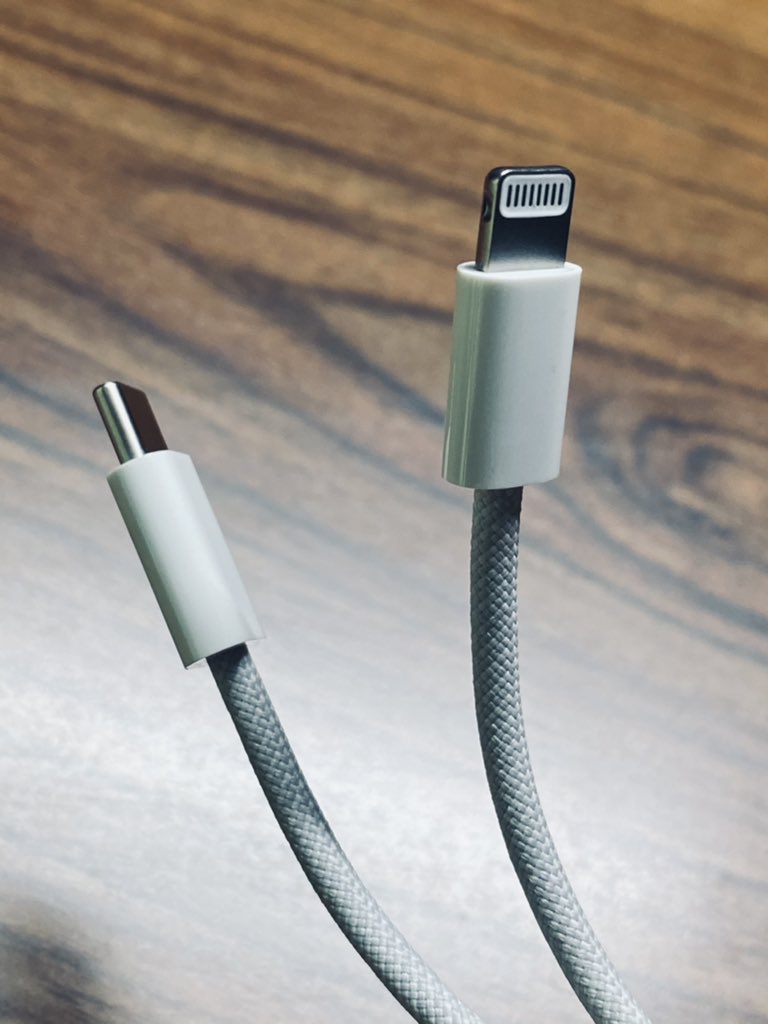
 Adam Kos
Adam Kos
Well, it doesn't work especially with gamepads.
There is no certainty.
ferys